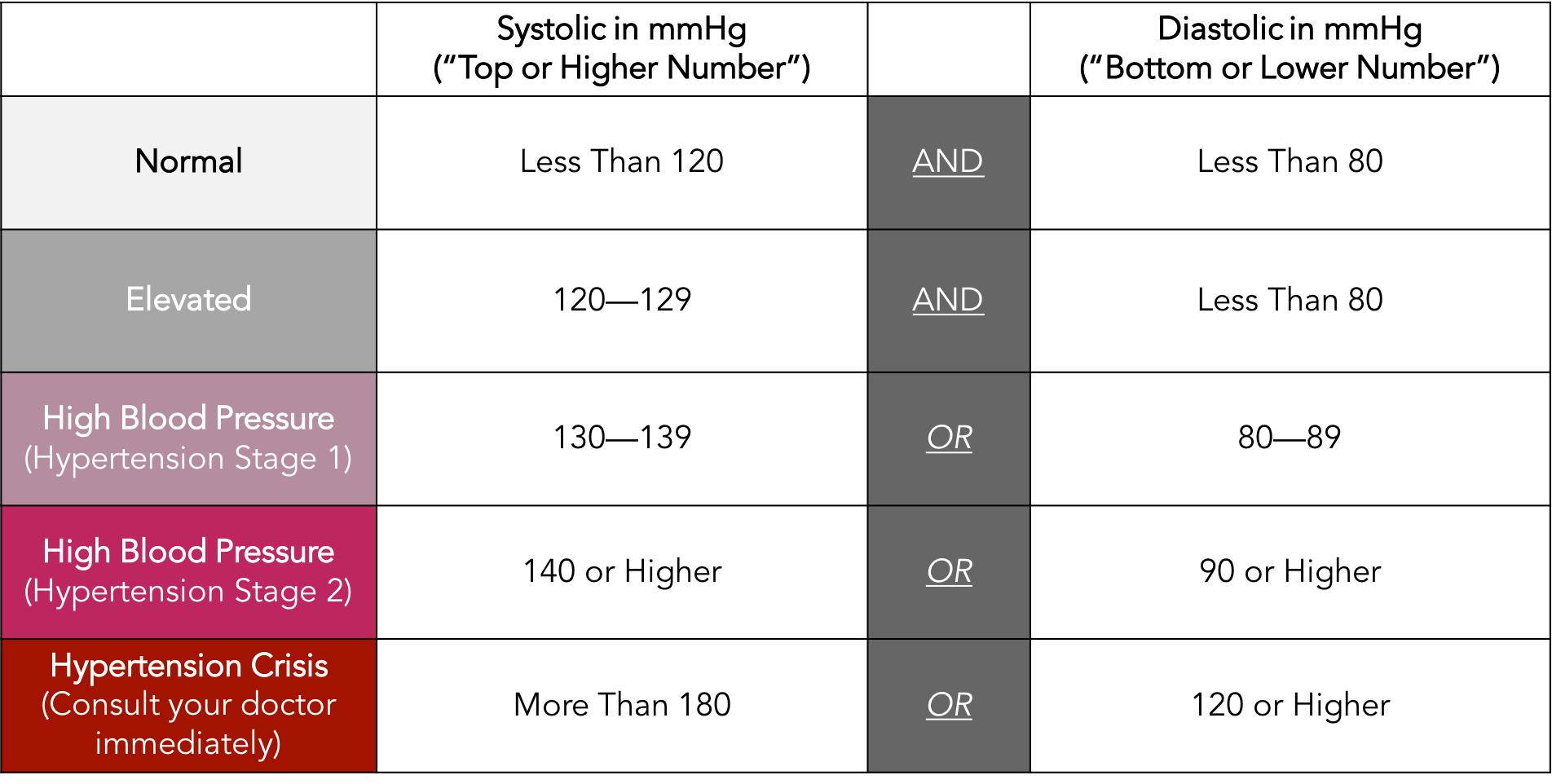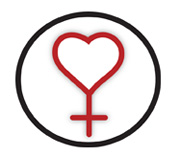Get your blood pressure under control!
En español
 For millions of women, hypertension, or high blood pressure, is the most significant risk factor for heart disease. Because there are often no symptoms for high blood pressure, it is called the Silent Killer. So, those who may not even know they have it are at special risk. As are those who have it, but don't take it seriously enough.
For millions of women, hypertension, or high blood pressure, is the most significant risk factor for heart disease. Because there are often no symptoms for high blood pressure, it is called the Silent Killer. So, those who may not even know they have it are at special risk. As are those who have it, but don't take it seriously enough.
It's a disease I see all the time in my practice. Uncontrolled, it can have serious, even deadly, consequences, especially for middle-aged and older women. Just a 12% increase in your systolic blood pressure (adding 15 to the first number in your reading) results in a 56% increased risk for heart disease according to a recent study in Hypertension: Journal of the American Heart Association.
Some people tell me it is only high at the doctor's office. The reality is that everyone's blood pressure fluctuates throughout the day. If you have a reading above 120/80 at your next check-up, even if your reading is between 120/79 and 129/79 start monitoring your own pressure routinely. Why? Because blood pressure above 130 or 80 is now considered hypertension according to new guidelines released in November 2017. Home cuffs are easy to find and easy to use, and your local drugstore or big-box store may also provide readings for free.

Things you can do to control your blood pressure—
- Take any prescribed medication exactly as directed by your doctor. If you have side effects, talk with your doctor about adjusting the dose or changing medication–don't just quit taking it!
- Reduce the salt* in your diet (read those food labels and aim for 1500mg per day).
- Exercise more (150 minutes per week).
- Include more fresh fruits and vegetables in your diet (5 servings per day).
- Maintain a healthy weight. If you are overweight, losing just 10 lbs. can knock your systolic number back by 10 points!
Whatever you do, don't procrastinate. Take care of your blood pressure—for yourself, for your family and friends, for your quality of life.
Until next time!

Stephanie Coulter, MD
* The American Heart Association issued an urgent call to action: "intensify efforts to reduce the amount of sodium Americans consume daily. . . no more than 1500 milligrams (mg) of sodium a day [less than a teaspoon] because of the harmful effects of sodium—elevated blood pressure and increased risk of stroke, heart attacks and kidney disease." —The Importance of Population-Wide Sodium Reduction as a Means to Prevent Cardiovascular Disease and Stroke, AHA News Jan. 13, 2011.
See also on this website: Hypertension (High Blood Pressure)
| Do you have a story you would be willing to share about getting control of your blood pressure? If so, please send an email to women@texasheart.org. |
We are saving hearts and trees. The Women's Heart Health E-News is sent via e-mail and is available to read online at www.texasheart.org/women. Sign up using the form located on this page.
Read the previous issues in the archives.



